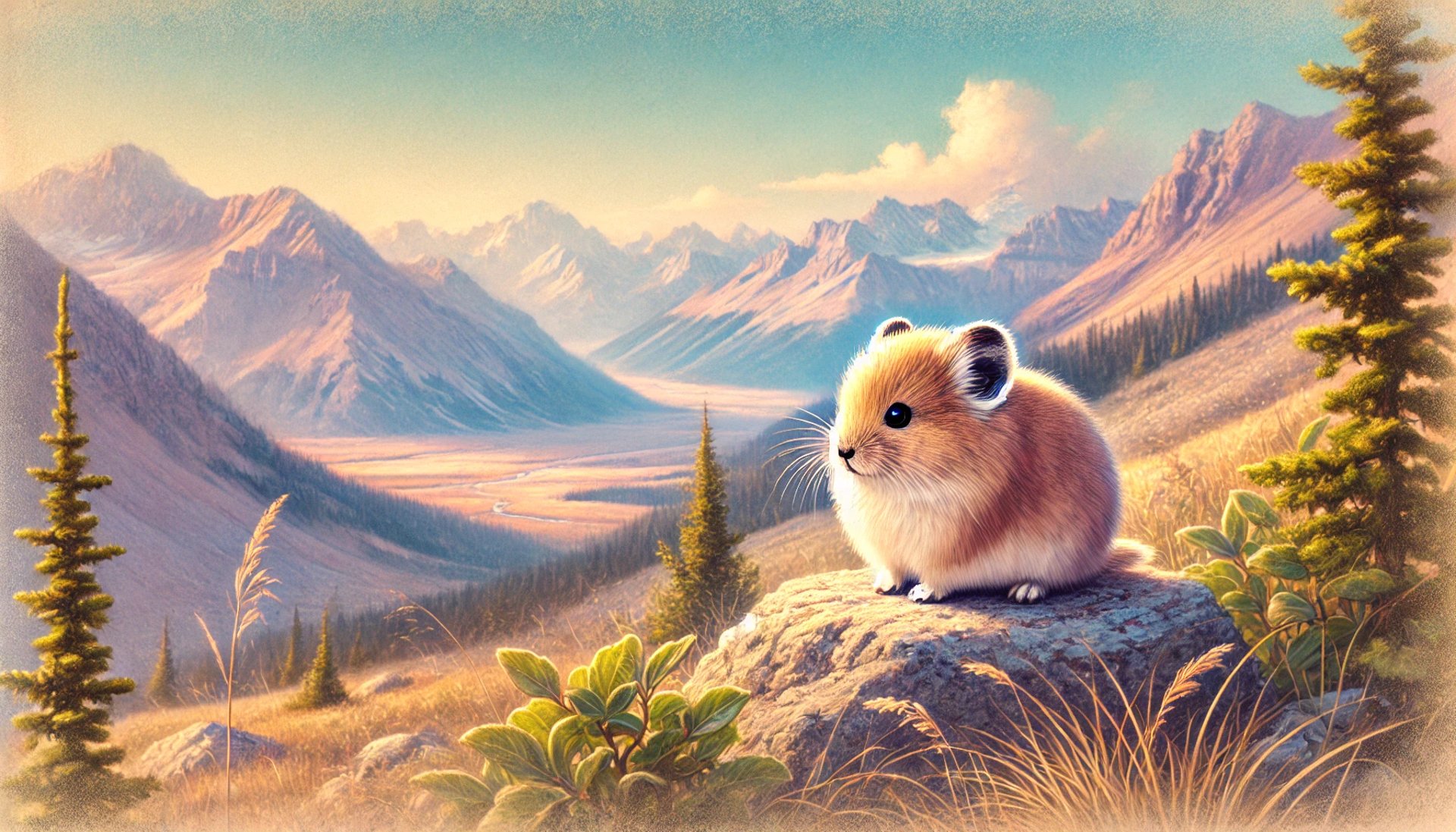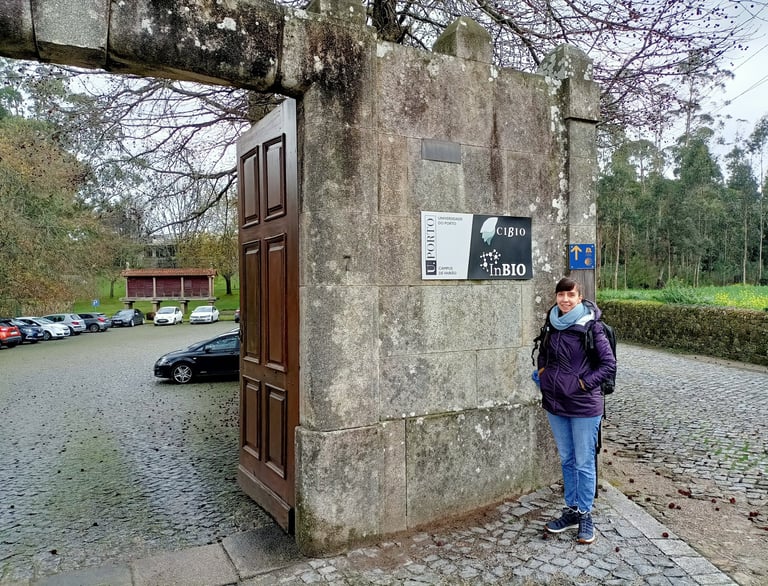
REvoBBIT
Unravelling evolutionary responses of lagomorphs to climate perturbations: geohistorical data integration for present-day biodiversity conservation
PROJECTSRESEARCH
B. Moncunill-Solé
3/6/20252 min read


This January, I started working at CIBIO - Centro de Investigação em Biodiversidade e Recursos Genéticos (Vairão, Portugal) as a postdoctoral researcher thanks to the REvoBBIT project, funded by the European Commission (under the HORIZON TMA MSCA Postdoctoral Fellowships program). CIBIO is a research center affiliated with the University of Porto, dedicated to conducting both fundamental and applied research in all areas of biodiversity (genes, species, and ecosystems). Specifically, I have joined a research group specializing in genetic conservation and the management of diversity in modern lagomorphs.


Figure 1. First day at the CIBIO facilities, Vairão. CC BY-NC-ND 4.0 DEED. B. Moncunill-Solé.
For two years, I will develop the REvoBBIT project, which aims to create a large eco-evolutionary database of past lagomorphs, thereby understanding their evolutionary dynamics in response to past environmental changes.
Figure 2. Logo of REvoBBIT project. CC BY-NC-ND 4.0 DEED. B. Moncunill-Solé.
Here is a brief summary of the project: The lagomorphs (rabbits, hares and pikas) are a successful mammalian group, which play key roles in many ecosystems (sustaining other species' communities and populations). The ongoing climate change is pushing most of their species into the extinction, and their demise can entail the decline of their communities and ecological systems consequence of a dramatic knock-on effect. The present project, REvoBBIT, aims to contribute to search solutions to this severe challenge from an unexplored perspective in this mammalian group: the Conservation Palaebiology. Through the study of the bone and teeth of extinct lagomorphs, it is possible to reveal the biological strategies and evolutionary shifts of those species or populations that were resilient and survived to global warmings and coolings. This is a very significant knowledge to be considered in the decision-making process of extant relatives. With this ultimate goal, REvoBBIT will study the extinct rabbits and hares from Sardinia and Sierra de Atapuerca (Pleistocene), which endured important glacial and interglacial periods, using trusty morphological methods and frontier molecular and geochemical techniques. Teeth and postcranial bones will be assessed disclosing their weight, diet, genetic size and diversity, as well as the past environmental conditions where they lived (temperature, humidity, etc.). The subsequent statistical analysis will let to identify the most significant ecological stressors and drivers that were involved in the evolution of lagomorphs. The results obtained in REvoBBIT will be the first step to build a big deep-time database of the lagomorph palaeobiology, and to develop predictive models of biotic response. At present, the significant knowledge gap in the palaeobiology and palaeoecology of this mammalian group prevents that palaeontological data will be considered in the protocol conservation design of extant relatives. You can learn more about my project in this website.
Scientifically, REvoBBIT will apply cutting-edge techniques to extinct lagomorphs for the first time, as well as reveal information about their body weight, diet, and molecular characterization of these populations, which was previously unknown. The ultimate goal is to understand the eco-evolutionary responses of lagomorphs to the climatic changes that occurred during the Pleistocene. Although it may seem like a purely scientific project, the data provided by REvoBBIT could assist in decision-making processes, policies, and strategies applied in the conservation of their current relatives. In other words, it will improve the conservation of our terrestrial ecosystems (SDG-15). Stay tuned for more updates on this project!
